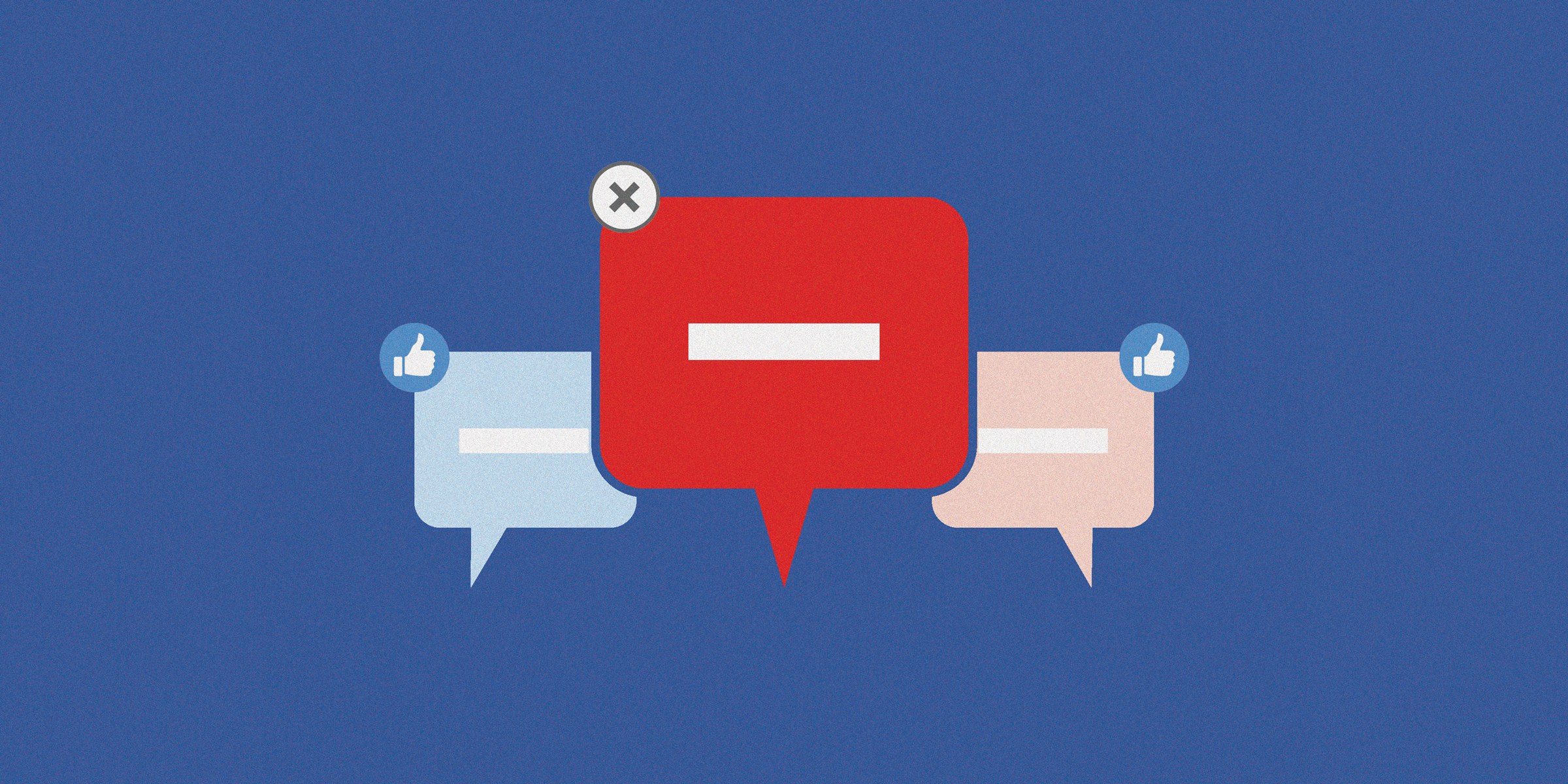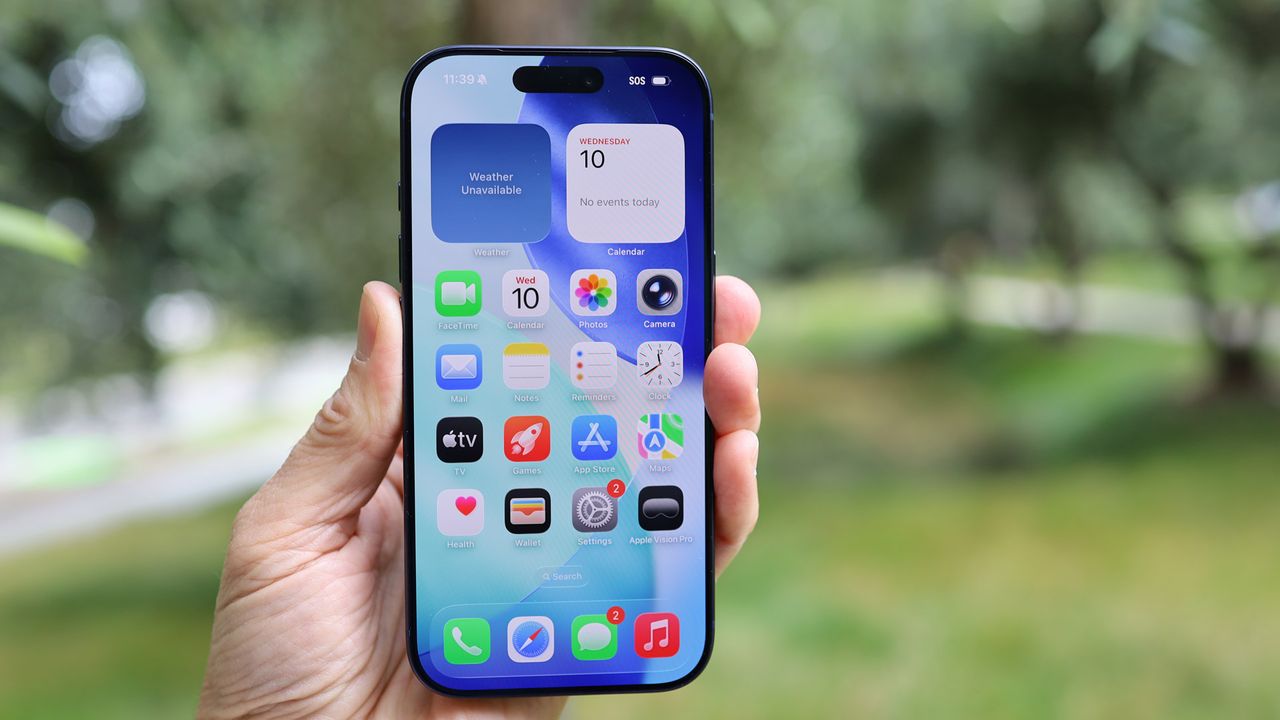
If there’s one thing that I cannot stand its hate speech. But I am also a strong proponent of people having their “right” to say the things that they feel and believe in – regardless of how awful that is. Outside of laws, I think there are only two ways that we, as a society, can change that. To start, we can challenge people when they say certain things. And, we can hold them accountable for their words and their actions. The first is really about your own viewpoints and being able to stand up when you hear someone say something that doesn’t sound right to you. In some cases, it might simply be a dialogue about their perceptions around a certain race. I recently heard someone characterize “all” people of a certain ethnicity in the same way. Which is wrong, and isn’t fair.
By challenging this person, you are slowly planting the seed that not “all” people are anything. It’s unfair to paint an entire race, ethnicity, religion or culture in one particular way. The system doesn’t always benefit people as a whole – which is why, social media giants have an obligation, to ensure their platforms aren’t providing a venue for hate speech. And that’s how Congress seems to feel as well.
Next week, the House Judiciary Committee will be asking questions of Google and Facebook to gain a better understanding of what they’re doing to stop the spread of white nationalism and separatism on their platforms. These particular tech giants are being called in for this hearing, in response to the online hate speech and racially motivated violence which stemmed from the New Zealand mosque shooting in March. But is a hearing enough? We heard Mark Zuckerberg say in his Washington Post Op-Ed piece that he was looking for help from governments. Which, in some ways isn’t the best approach, but let’s at least acknowledge he’s asking for help.
The Committee calls social media platforms “world-wide conduits to spread vitriolic hate messages into every home and country”. And they’re not wrong, but is it the role of the United States House Judiciary Committee to ensure that hate speech is stopped globally? I think the answer is no, and it really needs to come from the platforms themselves. This is the problem with tech giants, and maybe the reason they can’t be regulated in the first place. Are all countries going to agree to the same set of rules? Absolutely not. I mean, look at where we’re at with climate change and emissions. The United States might not be meeting its targets, but California is going above and beyond.
My point isn’t to shift to climate change, but rather to point out the idea that this is a global concern.
During the hearing next week, the Committee is hoping to examine hate crimes, the spread of white identity ideology and the impact of white nationalist groups on communities. They’re also hoping to come up with ideas on what these platforms can do to put an end to white nationalist propaganda.
I think this is an incredibly great start, so I am not going to put it down. I also think it’s great that the U.S. is taking a lead on this, because ultimately the world outside its borders can’t be controlled. Perhaps this will spur these tech giants into doing more to ensure that these kinds of messages aren’t being spread as widely as they have been in the past.



